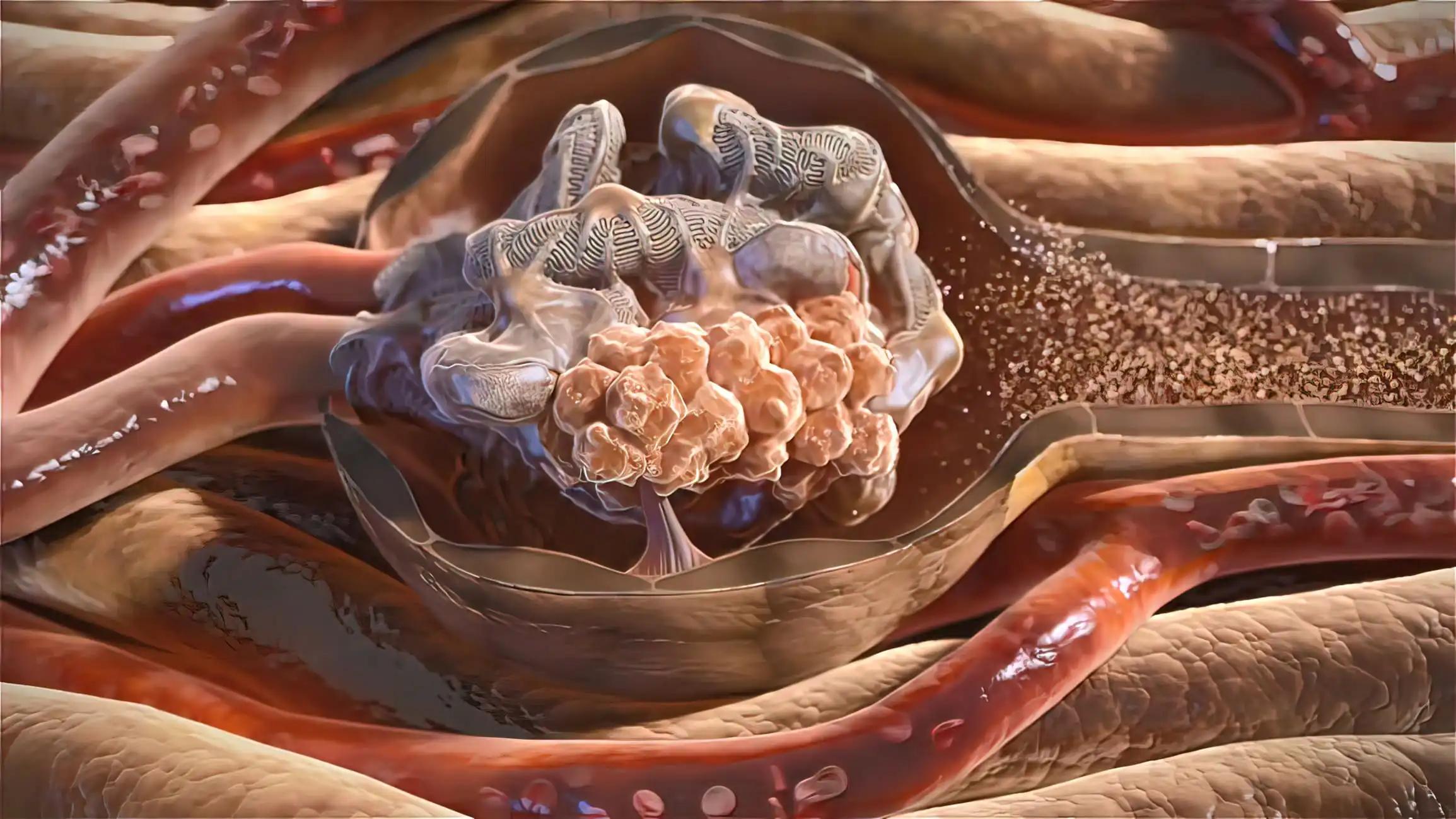KEY TAKEAWAYS
- The study aimed to investigate the enhanced efficacy of combining CYT107 with atezo in mUC patients by fostering T-cell proliferation and persistence to improve overall responses.
- The primary endpoint was to determine ORR.
- Researchers noticed that despite the FDA withdrawal of atezo approval in mUC during the trial, the addition of CYT107 was safe and well-tolerated.
Atezolizumab (atezo) has gained approval for metastatic urothelial carcinoma (mUC) post-platinum regimens, exhibiting anti-PD-L1 activity. Recombinant human IL-7 (CYT107) supports T-cell proliferation and persistence.
Russell Kent Pachynski and his team aimed to assess the efficacy and safety of combining CYT107 with atezo, which could enhance responses in mUC patients.
Researchers performed an inclusive analysis through a randomized trial to evaluate the combination of CYT107/atezo compared to atezo alone in patients with metastatic urothelial carcinoma (mUC) who had undergone prior platinum treatment. Eligible participants with Eastern Cooperative Oncology Group Performance Status (ECOG PS) 0-2 and measurable disease per RECIST 1.1 underwent randomization at a 1:1 ratio.
The study included a safety run-in phase with CYT107/atezo (n=7), followed by randomization to atezo 1200 mg IV q3wks +/- CYT107 10 ug/kg IM qwk X 4. The primary endpoint focused on the objective response rate (ORR), complemented by secondary endpoints including clinical benefit rate, progression-free survival (PFS), duration of response (DOR), overall survival (OS), and safety. Additionally, the investigation incorporated several exploratory correlative analyses.
About 47 enrolled patients, well-balanced demographics between arms. No dose-limiting toxicities (DLTs) were observed. The CYT107/atezo combination was well-tolerated, with overall grade 3-4 (G3-4) adverse events (AEs) occurring in 46.2% (12/26) vs 63.2% (12/19) for atezo monotherapy. Treatment-related event rates: Any (80.8% vs 73.7%), G1-2 (65.4% vs 36.8%), and G3-4 (15.4% vs 36.8%) in CYT107/atezo vs monotherapy arms, respectively.
Treatment-related immune-mediated AEs of any grade occurred in 50% (13/26) vs 68.4% (13/19) for combination vs monotherapy—discontinuation due to toxicity: 0% vs 17.6% for combination vs monotherapy, respectively.
The objective response rate (ORR) was 26.3% vs 23.8% in the combination vs monotherapy arm (P=0.43). Complete responses (CR): 10.5% (2/19) vs 4.8% (1/21), partial responses: 15.8% (3/19) vs 19% (4/21) for combination vs monotherapy. No significant differences in clinical benefit rate (36.8% vs 42.9%), progression-free survival (PFS) (2.3 vs 2.2 mos), or overall survival (OS) (9.1 vs 10.4 mos).
Rapid T cell expansion (~1.7-fold by day 8) was observed in the CYT107/atezo arm. CD4 expansion peaked at ~2-fold on day 22, CD8 (~2.1-fold on day 29), maintained above baseline through C6D01. Detailed T cell subset pharmacodynamic data will be presented.
The study concluded that despite the FDA withdrawal of atezo approval in mUC during the trial, the addition of CYT107 to atezo demonstrated safety and tolerability, exhibiting a toxicity profile and efficacy comparable to monotherapy.
The study is sponsored by the National Cancer Institute (NCI)
Source: https://meetings.asco.org/abstracts-presentations/229795
Clinical Trial: https://clinicaltrials.gov/study/NCT03513952
Pachynski R K, Chatta G S, Jain R K, et. al(2024).”A randomized phase II study of atezolizumab (atezo) plus recombinant human IL-7 (CYT107) in patients with locally advanced or metastatic urothelial carcinoma.” Presented at ASCO GU (Abstract 628).



